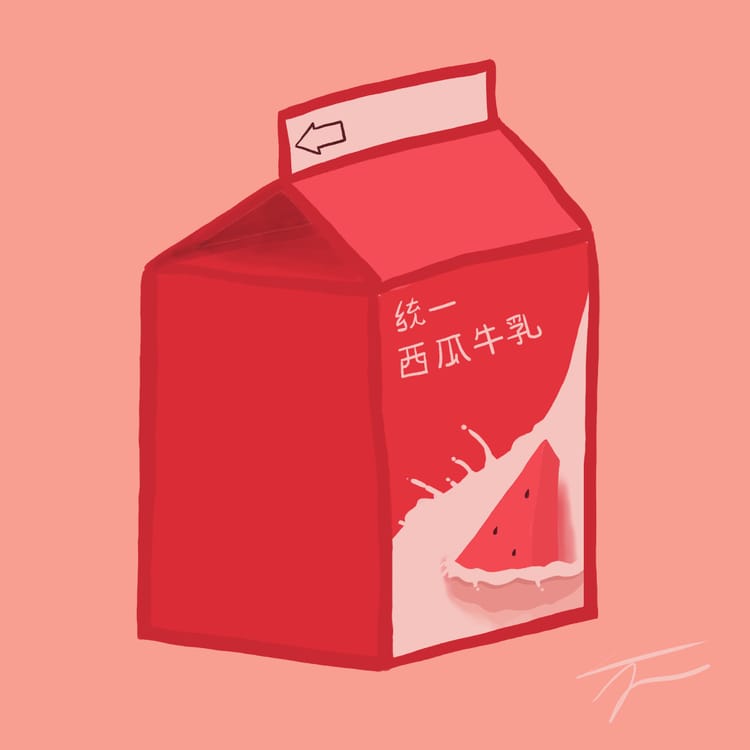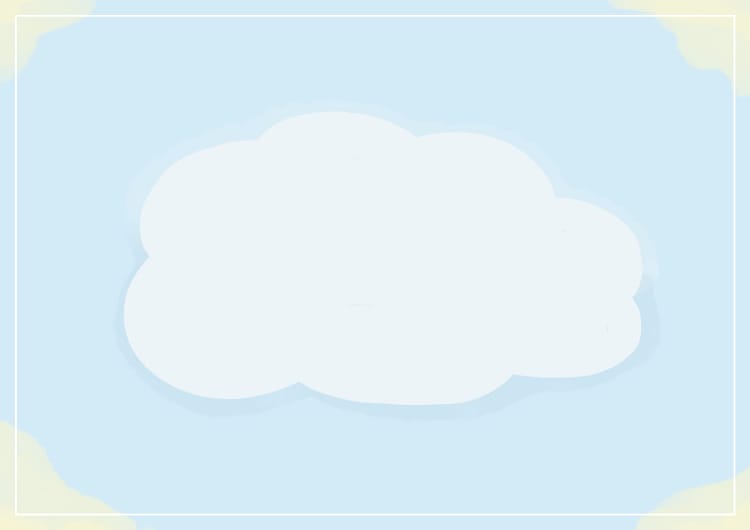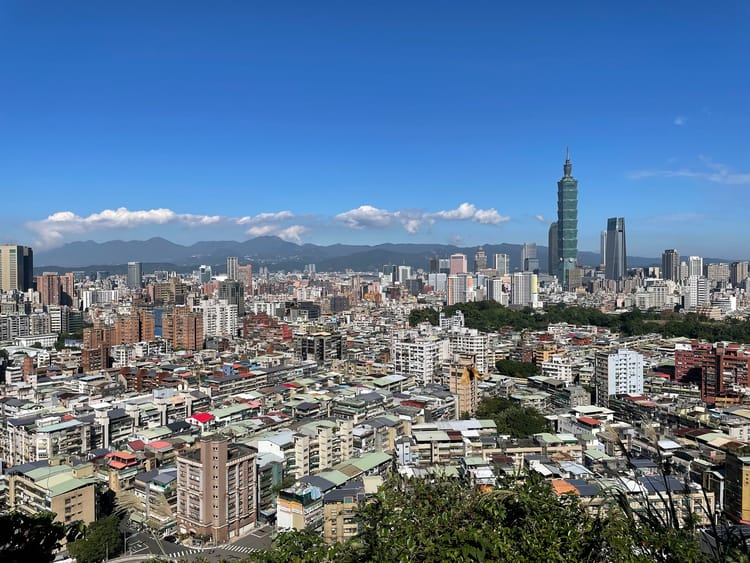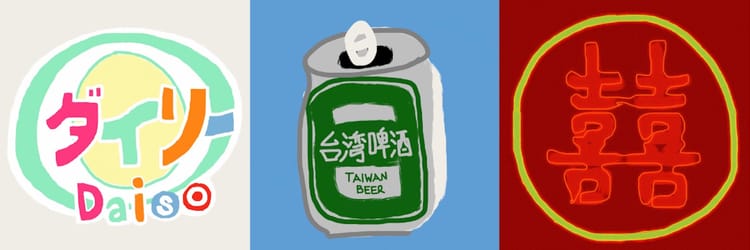What Taiwanese Rappers Taught Me About Knowing Myself
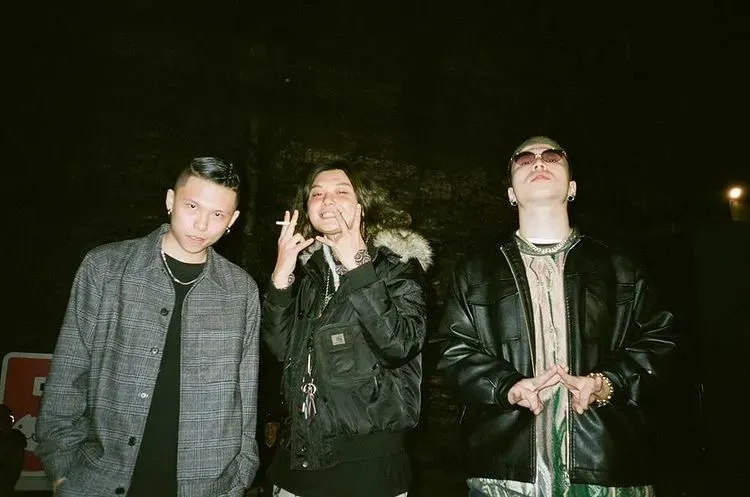
When I applied for graduate school two years ago, I never expected I would end up researching and writing about Taiwanese hip hop subcultures. That's what I found myself doing over this Lunar New Year holiday, cooped up in my parents' house in Illinois, trying to ensure I didn't get the coronavirus before I could make it back to Taiwan for the start of a new semester.
When I first moved to Taiwan in August of 2018, I barely spoke Mandarin, but I was eager to immerse myself in the language and its cultures. In those first few days, I entertained myself at night by chilling in bed at my new apartment and watching The Rap of China on my laptop. It was a new show in China at the time, a singing competition show that gave hip hop, a subculture originating in the US, its debut on the public stage. The show attempted to recreate the success of South Korean hip hop competition show Show Me The Money. I can't comment on its success, but I can say that, at the time, I found the show incredibly fascinating. In the early stages of my Mandarin studies, not a small part of my learning centered around rap music.
This track was one of my favorites back then, and still is today.
Fast forward to last November, I was in my third semester of graduate school and trying to choose a topic for my term paper that could bridge the broad themes of translation and globalization. It didn't take long for me to figure out that I wanted to study rap culture in Taiwan. It seemed like an obvious choice. The strange thing about working with subcultures in academia though, is that you get a lot of inquiring looks, and if you're not confident, other people's doubts can lead you to doubt yourself. As I dug into the topic, what I discovered there fascinated me, and I feel fortunate to have had the courage and curiosity, in that moment, to keep digging.
My research last semester centered around a new Taiwanese hip hop show called The Rappers, released here in 2021, which follows a very similar format to other Asian rap competition shows. Global rap communities are undoubtedly a complicated topic in the US, where academic and public discourses around cultural appropriation are constantly evolving. It's easy to imagine that Asian rappers are just imitating personas created by black Americans, but rappers in Taiwan are well aware of the delicate balance their roles require, and they have their own unique and important contributions to make to this global culture. Hip hop came to Taiwan in the '80s, and the genre has grown and changed constantly since then. With OGs like MC Hotdog and Dwagie and rap superstars like ØZI and Soft Lipa, young Taiwanese rappers today have plenty of role models to look to within their own local subcultures.
As a show, The Rappers was well received among youth in the country, as evidenced by the over 2,000 people who auditioned, and it's obvious from the performances that there is no shortage of musical talent on the island. What perhaps interests me most about Taiwanese hip hop is that it can have such incredible success within a culture that places such a high importance on financial stability and higher education. I say this because rap music, in both American and global contexts, is so often about sharing stories of struggle. There was a time in the past when I could never have guessed that stories about street life, poverty, and selling beats to survive would have a market within the context of a Confucian value system. However, there are in fact an abundance of local rappers telling these stories and contributing to developing new narratives in global hip hop.
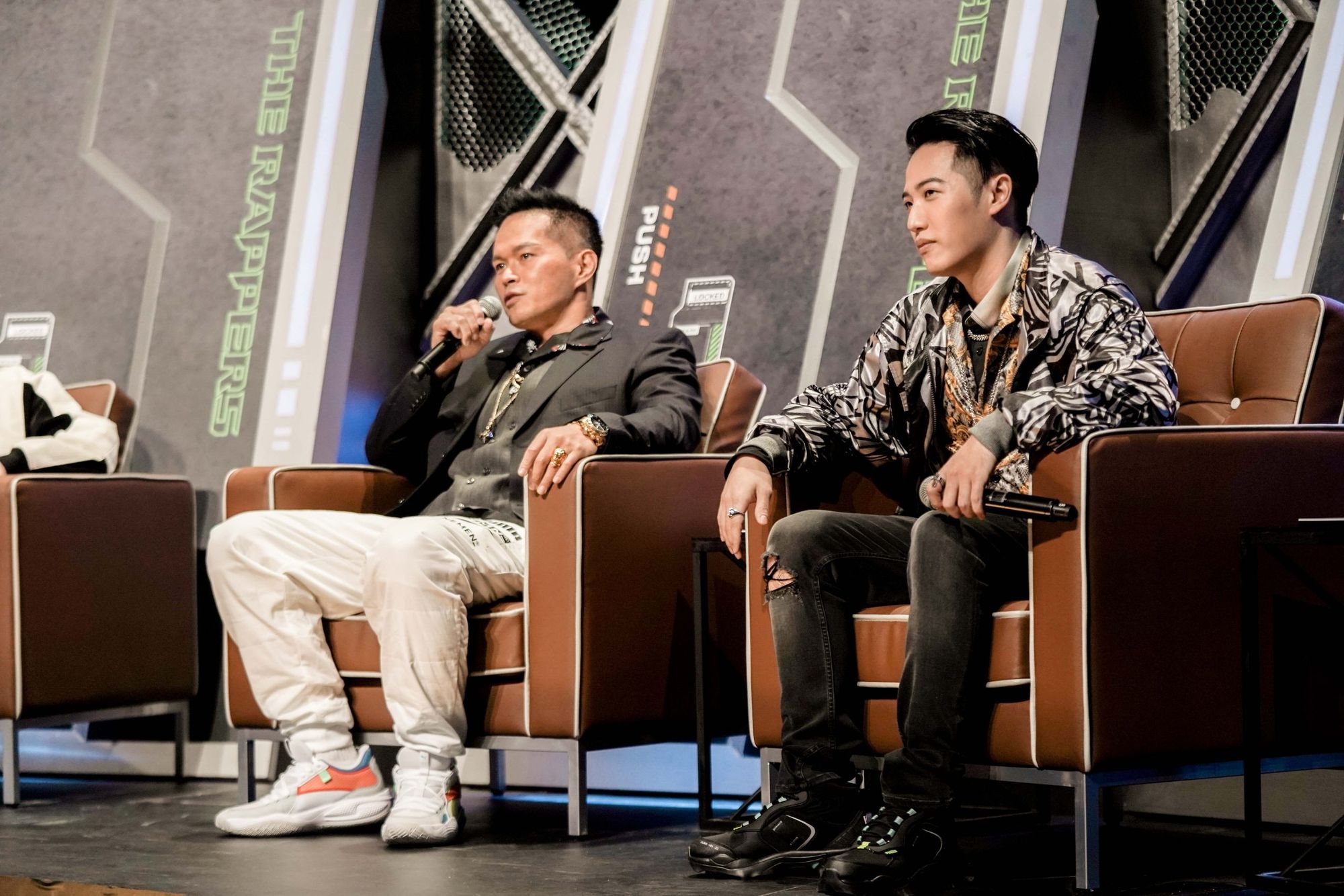
If I learned one thing last semester, it's that global capitalism is exacerbating wealth inequality and making life more difficult for those around the world who are not interested in (or do not have access to) conventional forms of success. As far as I can tell, there is undeniable value in cultural industries, yet most parents in both the US and Taiwan would actively dissuade their children from pursuing artistic careers, and perhaps even forbid them from doing so. On some level, it is understandable. From a parent's perspective, pursuing education to become a doctor or an accountant seems to ensure a better chance of going to bed with a full belly every night and gaining a reasonable level of personal satisfaction. Beyond the fact that not all children can live up to that expectation though, I would also argue that for some, that choice would mean settling.
We are not all cut out to be professional musicians, but some of us undoubtedly are. Therefore, when we discourage our children from pursuing creative careers, not only do we contribute to the homogenization of our workforce, we also weaken our cultural industries by depriving them of talent. I would argue that there is an even more destructive force at play though: social pressure to assimilate leads countless people around the world, every day, to stifle their own talents and potential to make unique contributions to society. This happens on both a micro and macro level, and it has a compounding effect.
To take an example from The Rappers, artists like wannasleep discussed their parents' disapproval of their rap aspirations. Some even mentioned having to leave home due to family disagreements on the topic, and said they plan to return home after they've achieved some success. Others, like 15 year old rapper Frog, talked of being teased by classmates and criticized by parents for their interest in rap music. Many participants on the show represent a portion of the subculture who have already developed their skills and whose place in the hip hop world is already somewhat solidified, while others are just getting started and still only aspire to success. If we consider the thousands of young people who showed up for auditions and did not make it onto the show, it's easy to see that there are no shortage of aspiring rappers in Taiwan. We can therefore imagine a scenario where those who have already published music and achieved some marginal success (and subsequent recognition by the show's producers) may feel more confident in their paths, while those just starting out must constantly defend their ambitions.
For those starting from nothing, without any widely accepted blueprint for success, it could be beyond difficult for some to push forward. I've thought for a long time that believing in yourself when nobody else understands your vision is one of the greatest challenges one can face in life, and some of us are more well-equipped to face the challenge than others. That's why it blew my mind to see artists on the show like Eyeballray and Macdella of the Taiwanese rap trio Multiverse who, after being eliminated from the competition by the judges, themselves local rap legends, stood on stage unwaveringly, confident in themselves and proud of their performance. In that moment, it was as if they knew their song would become an instant hit, and that the following winter they would launch their first major tour on the island. I think "natural trailblazers" would be an apt word to describe individuals like them.
Enjoying a boost in popularity after their appearance on The Rappers, Multiverse performs their hit song Welcome in Nantou, Taiwan.
The way I see it, so long as our society makes value judgments about specific professional identities, prizing certain ones over others, there will always be people who must constantly negotiate between their multiple, intersectional, and conflicting identities and who struggle to define themselves in the context of the culture at large. On the flipside, as long as there are confident trailblazers with vision who redefine success in their own terms and dare to defy society's prescriptions for how to live, the less confident and courageous among us will have access to alternative blueprints for how to pursue full and satisfying lives.
I've known for a long time that when your identity conflicts with traditional expressions of class, race, and gender, it's easy to make others uncomfortable. As a chronic people-pleaser, this has meant hiding many aspects of myself, stifling my own creativity, and not fulfilling my own potential. If I learned one thing from my academic research and general soul-searching this past semester, it's that when you are confident in your vision, yet nobody around you understands what you're doing with your life or the reasoning behind your decisions, it just may be a sign that you are on the path to blazing a new trail. When you care what people around you think, it can be an exhausting struggle to constantly explain your vision to those who just don't see it and maybe never will. But if it were easy to walk the path less traveled, then it also wouldn't be so admirable.
The handful of personal successes I've had in the last three years have slowly but surely strengthened my own self confidence. I'm looking for new role models, but more than anything I'm listening to what I want and what I know of myself to be true. It's sometimes hard to accept that I had to go through a decade of self-suppression and living for others before I could learn to hear myself again. This is how Multiverse explains their own process of self discovery:
I'm not sick, I just can't see clearly,
This messed up world's made me forget who I am.
...
Ever since the day I finally woke up,
I've never stopped seeking my freedom.
...
I'm not hustling anymore,
I'll never forget myself again.
Though I can hear myself think again, I'm still struggling to find my own voice, to be vulnerable, and to define my own place in the world. What progress looks like for me right now is creating this space of my own, where I can persistently remind myself of who I am. I'm happy to have finally recognized that I have a unique perspective to share, and my presence here is a commitment to show my work and to not keep it to myself any longer. If you're struggling to rediscover yourself, I hope you can also find inspiration to live your truth. The world needs you, all of you.
